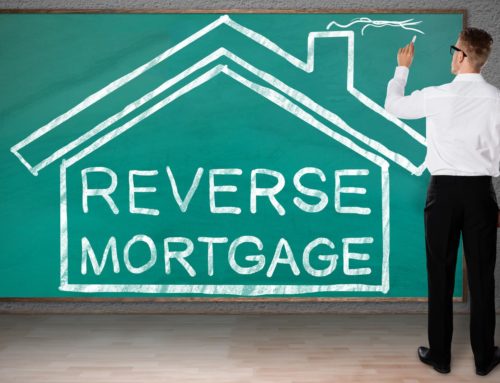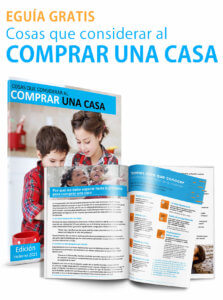I can only get up to 50% of my current appraised home value.It’s true a reverse mortgage won’t get you 100% of your home value but 50% of it is not a bad deal either. It is the equivalent of a couple hundred thousand dollar loan that you do not have to make payments on for as long as you live in your primary residence. The money you’ve invested in your home during your working years should pay off during your retirement, a reverse mortgage is the way to do it.
I will only get enough to pay off my current mortgage. Even if this is true, this is one less payment you will have to make during your later years or during your retirement. Most of the time, even if you have sufficient cash flow, monthly mortgage payments take a substantial chunk out of your income. Imagine if it didn’t anymore? The more money you have available for other expenses, the more comfortable your retirement will be. Getting rid of your debt is
I want to leave my home to my heirs. It’s perfectly reasonable to want to leave something for the people you’ve left behind. However, it’s also important to consider what your heirs think about this…Do they want to enjoy what you leave behind or enjoy it with you right now? While only you know the answer to this, it’s a necessary step in determining whether or not you want to apply for a reverse mortgage. Talk it over with your kids before making any decisions, you never know if they support your decision if they don’t ask.
I’m moving into a nursing home to receive long-term care. If you already live in a nursing home then a reverse mortgage will not make sense. A reverse mortgage is a viable option for seniors hoping to age in place in their primary residence. However, if you’re merely considering a nursing home, it’s important to know that there other long-term care options available from the comfort of your own home that can be taken care of with a reverse mortgage. You can also alter your home for any current or future health needs you may have with a reverse mortgage.
It sounds too good to be true! Not really, but it’s all a matter of education. A reverse mortgage is still a loan, which means it does have to be paid back (plus interest), but not as long as you live in your primary residence. If you move, sell or pass away, the proceeds from the home are used to pay off the full loan amount and any difference is given to you or your heirs. In addition, because it is FHA-insured, you never own more than the current value of your home, and, because it is a non-recourse loan, your heirs are not financially responsible for the loan amount even if it exceeds the value of your home.












